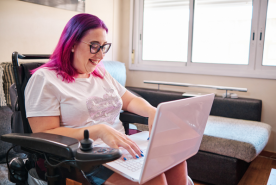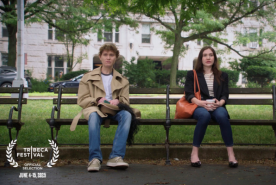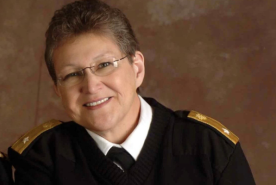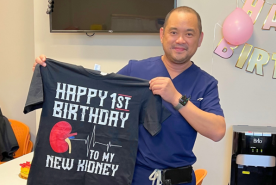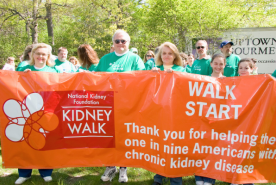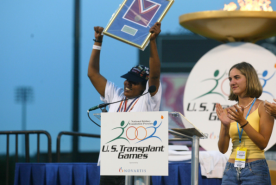Kidney groups Diseases and conditions Transplant recipients Kidney diseases and conditions Kidney failure Glomerular diseases
April 26, 2018
As a mother and elementary school teacher, Melanie Litt always felt prepared for anything—that is, until seven years ago, when she went from being a seemingly healthy woman in the process of getting her Principal’s License to being diagnosed with focal segmental glomerulosclerosis (FSGS).
One night, Melanie just didn’t feel “right” and took a trip to the emergency room—but when none of the doctors could determine a diagnosis, they sent her home and told her to follow up with her primary care physician. By the time her appointment took place four days later, Melanie was carrying 50 extra pounds of fluid weight and was sent straight back to the emergency room. There, she learned she was in kidney failure, but the doctors had no idea why.
A few weeks and many tests later, Melanie finally had a diagnosis: idiopathic FSGS, a disease for which there was no clear cause and no straightforward solution.
Melanie’s doctor told her to consider getting a transplant. At the time, Melanie’s son Landon was 25, and after doing a great deal of research, he volunteered to be his mother’s living donor—leading Melanie to a complicated mix of emotions. She was proud of her son for being so selfless and brave, yet she was scared for both of them when she thought of what was to come.
In the end, she accepted. “My husband, Patrick, who was—and continues to be—my biggest support system, helped me understand that Landon was an adult making an informed decision, and we needed to trust that,” says Melanie.
Going into the surgery in mid-December, Melanie and Landon both knew there was a 50 percent change the transplant would fail. By January, Melanie learned that the FSGS was in the kidney she received from Landon as well.
The transplant had failed, but for Melanie, the story doesn’t end there.
“Before my surgery, I gave all of my students a smiley face sticker and asked them to wear it on the day of my transplant to send good vibes,” says Melanie. “My sister-in-law, Diane, posted about the stickers on social media, calling it ‘Operation Smile’ – and soon after, the idea spread to my whole community. People even sent me pictures of posters they created with smiley faces on them! From that point on, smiley faces became my thing. I have them everywhere—they help me stay positive and focused on the future.”
Today, Melanie is on peritoneal dialysis, a gentler form of dialysis that is performed at home. She is feeling well and is back to work part time.
The rest of her time is spent helping other patients prepare for the dialysis process and volunteering as an advocate and peer mentor for the National Kidney Foundation. “Landon gave me the biggest gift of all, but so many other people were there for my family and me when things were at their worst,” says Melanie. “From giving blood and plasma, to mowing my lawn, and taking care of my dogs—everyone came together to help. Now it’s my turn to give back.”
As for the future, Melanie is currently exploring new treatment options and the possibility of another transplant. No matter what the outcome, she knows she’ll be ready to face it with a smile. “For anyone dealing with an illness or another difficult situation, positivity is the key to getting through it,” she says. “To me, being able to go to work and live a life that is as normal as possible is wonderful because it’s something I really didn’t think I would get to do. There’s always something to be thankful for.”

